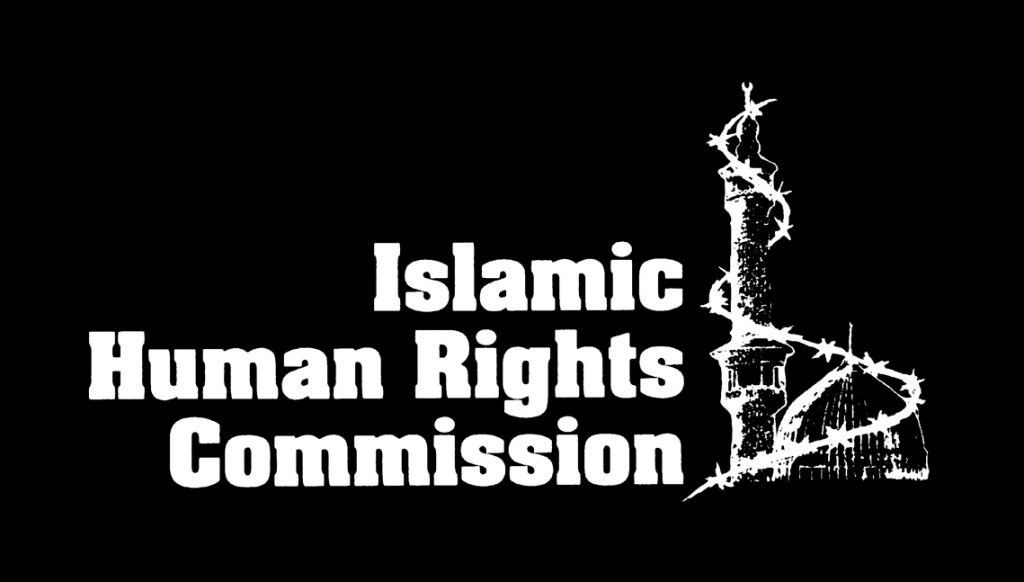
Press release: UK – Anti-terror law amendments fail to incorporate key safeguards

IHRC is disappointed that a review of anti-terrorism legislation has failed to curb wide-ranging powers which are routinely being abused by security officials.
IHRC had called for the repeal of Schedule 7 powers contained in the Terrorism Act 2000 on the grounds that they were poorly defined and gave authorities a carte blanche to
harass individuals. Failing this IHRC had sought for key safeguards to be inserted into the legislation.
Schedule 7 allows police to hold someone at a UK port for questioning about whether they have been involved with acts of terrorism. Anyone detained must “give the examining officer any information in his possession which the officer requests” or face arrest. Police need to have no reasonable suspicion to stop, interrogate or detain anybody.
The controversial power was thrust into the spotlight last August when it was used to detain David Miranda, the Brazilian partner of a Guardian journalist, as he transited London’s Heathrow Airport on his way home to Rio de Janeiro. Mr Miranda was interrogated by six officers and his laptop, mobile phone, video game, and memory cards confiscated under the legislation.
Since Schedule 7 came into force its powers have been systematically misused to implement ethnic and religious profiling. Government statistics show that proportionately many more people from ethnic minorities are stopped than whites. In 2012-13 ethnic minorities accounted for 79% of all those who were stopped.
In the nine years in which IHRC has monitored Schedule 7 it has received scores of complaints of the powers being abused including security officials asking Muslims they have stopped if they pray or if they would be willing to spy on their communities or even which party they voted for.
IHRC remains concerned that the review of Schedule 7 has failed to include a requirement for authorities to have “reasonable suspicion” that those detained are engaged in terrorist activity. In our view this gives a green light for the hounding and harassment of profiled communities to continue.
The review also fails to include another key IHRC recommendation that officers should record all interviews with Schedule 7 detainees. Again this omission reduces the proper levels of oversight that should be required of security agencies.
IHRC chair Massoud Shadjareh, who was until last year a member of the government’s Schedule 7 National Accountability Board and who has himself been stopped several times under the powers, said: “When our armed forces and police officers are carrying recording devices in the streets and on the battlefield it seems incredulous that authorities cannot record all uses of Schedule 7. Rather than being motivated by technical reasons the policy seems to be driven by the deliberate intention to make officials as unaccountable as possible”.
Notes to Editors:
For media enquiries please email media@ihrc.org or call 4420 8904 4222 or 447958 522196[Ends]
——————————————————————————————
IHRC is an NGO in Special Consultative Status with the Economic and Social Council of the United Nations.
Islamic Human Rights Commission
Wembley
HA9 7XH
United Kingdom
Telephone (+44) 20 8904 4222
Email: info@ihrc.org
Web: www.ihrc.org
Twitter @ihrc
IHRC is an NGO in Special Consultative Status with the Economic and Social Council of the United Nations.
Islamic Human Rights Commission
PO Box 598
Wembley
HA9 7XH
United Kingdom
Telephone: (+44) 20 8904 4222
Email: info@ihrc.org
Web: www.ihrc.org
Twitter: @ihrc


